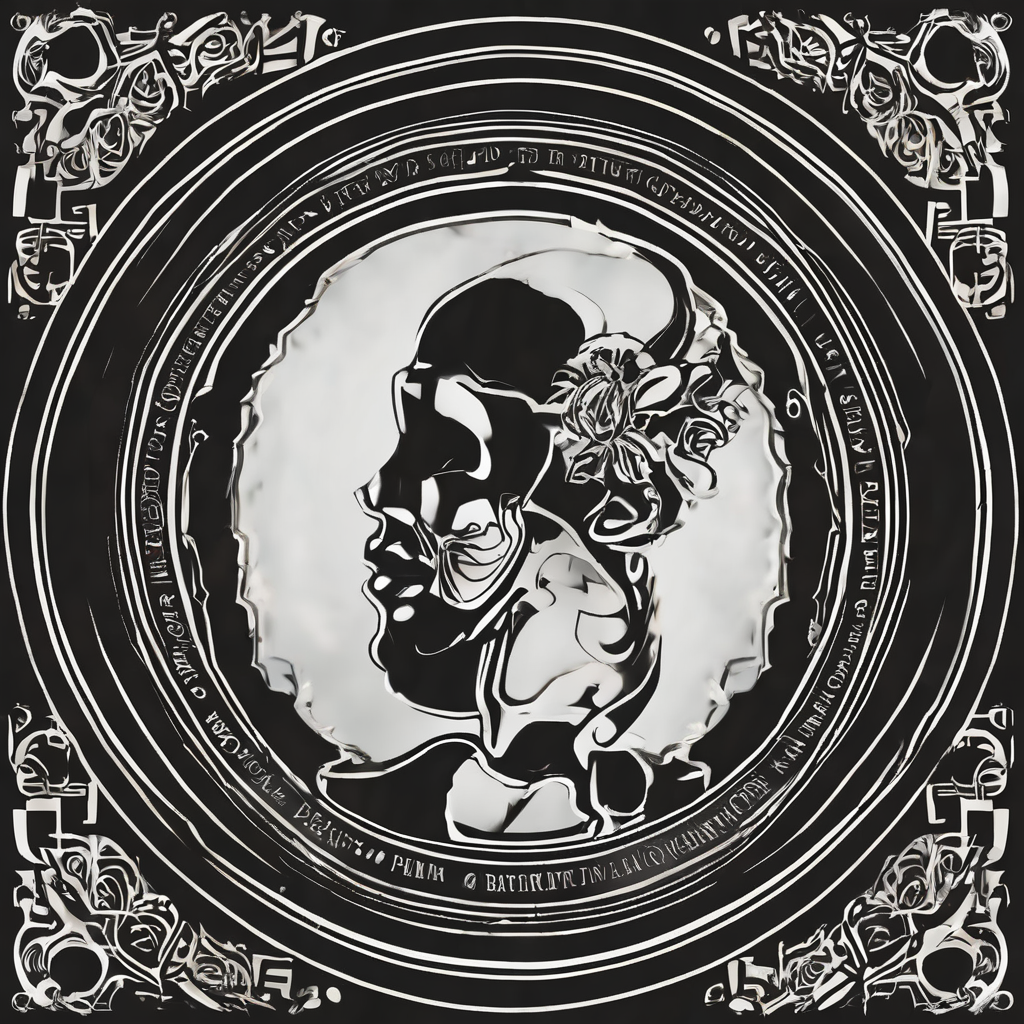Craft beer has become more than just a beverage; it’s a culture that unites enthusiasts, brewers, and businesses. In the UK, craft breweries are thriving, with an increasing number of independent brewers making their mark on the beer industry. Amidst this growth, establishing a strong community around your brand has never been more vital. One of the most effective platforms to foster this sense of community is Facebook Groups. This article explores the best practices for UK craft beer brands to utilize Facebook Groups for community building.
The Power of Facebook Groups in Craft Beer Community Building
With over 2.8 billion monthly active users, Facebook offers a unique platform for businesses. More specifically, Facebook Groups have transformed the way brands engage with their audience. For those in the craft beer industry, this is a golden opportunity to build a loyal following, share brewing stories, and engage in meaningful discussions with customers.
Also to see : Crafting the perfect follow-up email after no response
Craft beer enthusiasts love to share their experiences, whether it’s about the latest beer festival they attended or a new brewery they discovered. By creating a Facebook Group, your brand can become the hub for these conversations. This social media tool allows for direct interaction, making it easier to foster a genuine connection with your audience. Unlike traditional marketing methods, Facebook Groups offer a more personal and engaging approach, essential for craft brewers aiming to stand out in a competitive market.
In your Facebook Group, members can share their favorite craft beers, post reviews, and even ask for recommendations. This level of interaction not only boosts sales but also enhances the overall brand experience. For independent brewers and local breweries, this is an invaluable tool for building a strong sense of community around their craft brewing practices.
Also read : How Can UK Outdoor Adventure Brands Use YouTube to Share Product Reviews and Demos?
Strategies for Engaging Content in Your Facebook Group
Once you’ve established your Facebook Group, the next step is to keep your members engaged. The key to a thriving community is content that resonates with your audience. Here are some strategies to consider:
1. Share Behind-the-Scenes Content
People love to see the process behind their favorite products. Share videos or photos of your brewing process, introduce your team, and give a sneak peek into your upcoming craft beer releases. This not only adds a personal touch but also builds trust and excitement among your members.
2. Host Live Q&A Sessions
Interaction is crucial for community building. Host live Q&A sessions where your brewers can answer questions from the group. This can be a great way to educate your audience about your brand and the craft brewing process, while also making them feel more connected to your brewery.
3. Conduct Polls and Surveys
Engage your members by asking for their opinions. Conduct polls and surveys to understand their preferences and improve your offerings. This user-generated content can provide valuable insights that can shape your marketing strategy.
4. Create Exclusive Offers and Promotions
Reward your loyal group members with exclusive offers and promotions. This could be early access to new releases, discounts, or even special events at your brewery. These incentives can encourage more people to join your group and stay active.
5. Share User-Generated Content
Encourage your members to share their experiences with your craft beers. Highlighting user-generated content not only provides authentic marketing but also makes your members feel valued and appreciated.
Leveraging Facebook Groups for Effective Marketing Strategies
Facebook Groups are not just about building a community; they are also a powerful tool for marketing. Craft beer brands can leverage these groups to boost their market presence and increase sales. Here’s how:
1. Targeted Advertising
Facebook allows you to run targeted ads within your group. This means you can promote your new craft beer releases, upcoming events, or special promotions directly to your most engaged audience. This marketing strategy ensures that your ads reach people who are already interested in your brand, increasing the likelihood of conversion.
2. Collaborations and Partnerships
Partner with other local businesses, such as food drink establishments, to offer joint promotions. For instance, you could collaborate with a local restaurant for a beer-pairing event. Promoting these partnerships within your Facebook Group can drive traffic to both businesses and strengthen community ties.
3. Event Promotion
Use your Facebook Group to promote events such as beer festivals, brewery tours, and tasting sessions. Creating event pages within the group makes it easy for members to RSVP and share the event with their friends, increasing your event’s visibility and attendance.
4. Real-Time Feedback
One of the advantages of Facebook Groups is the ability to receive real-time feedback from your customers. Use this feedback to improve your products and services. Whether it’s a new craft beer flavor or a change in packaging, your group members can provide valuable insights that can help you stay ahead in the beer market.
5. Storytelling
Share the story behind your brewery and your beers. Storytelling is a powerful marketing tool that can create an emotional connection with your audience. Whether it’s the history of your brewery, the inspiration behind a new beer, or the challenges you’ve faced, sharing these stories can make your brand more relatable and memorable.
Building a Thriving Community Through Engagement
Creating a successful Facebook Group is not just about attracting members; it’s about keeping them engaged and active. Here are some tips to help you build and maintain a thriving community:
1. Consistent Posting
Consistency is key to keeping your group active. Regularly post updates, news, and engaging content to keep your members interested. A content calendar can help you plan and schedule posts in advance.
2. Encourage Interaction
Encourage your members to interact with each other. Ask open-ended questions, start discussions, and create opportunities for members to share their experiences. The more interaction within the group, the stronger the sense of community.
3. Moderation
Effective moderation is essential to maintaining a positive and respectful environment. Set clear group rules and guidelines, and ensure that all members adhere to them. This will help create a welcoming space where everyone feels comfortable participating.
4. Recognize and Reward Active Members
Show appreciation for your most active members. Recognize their contributions with shout-outs, badges, or even exclusive rewards. This can motivate others to be more active and engaged in the group.
5. Foster a Sense of Belonging
Make your members feel like they’re part of something special. Highlight community achievements, celebrate milestones, and create opportunities for members to contribute to the group’s success. A strong sense of belonging can enhance loyalty to your brand.
Measuring Success and Adjusting Your Strategy
It’s essential to track the success of your Facebook Group and adjust your strategy accordingly. Here’s how you can measure success and make necessary adjustments:
1. Track Engagement Metrics
Monitor key engagement metrics such as post reactions, comments, and shares. These metrics can provide insights into what type of content resonates with your audience and how active your group is.
2. Analyze Member Growth
Track the growth of your group by monitoring new member additions over time. A steady increase in membership indicates that your group is attracting new people and maintaining its appeal.
3. Gather Feedback
Regularly gather feedback from your group members. This could be through polls, surveys, or direct messages. Understanding their preferences and concerns can help you make informed decisions about your group’s direction.
4. Evaluate Conversion Rates
Measure the impact of your Facebook Group on your overall sales and marketing strategy. Track how many group members convert into paying customers and how group promotions impact your sales figures.
5. Adjust Your Strategy
Based on your analysis, adjust your content and engagement strategy. Focus on what works and be willing to experiment with new ideas. Regularly reviewing and refining your approach can help you maintain a vibrant and successful community.
In the ever-evolving beer market, building a strong community is key for craft beer brands. Facebook Groups offer a powerful platform to connect with your audience, share engaging content, and foster a loyal following. By leveraging these groups effectively, you can enhance your marketing strategy, boost sales, and create a thriving community around your craft brewing brand.
Remember, the success of your Facebook Group depends on consistent engagement, valuable content, and a genuine connection with your members. By following the best practices outlined in this article, UK craft beer brands can create a vibrant and supportive community that not only enhances their brand but also contributes to the growth of the beer industry. Cheers to building a community that celebrates the art and passion of craft brewing!






